Overview
Fort McKay First Nation partnered with The Resilience Institute to complete a community-led Climate Risk Assessment.
The Nation received $80,000 to assess the impacts of climate change on their Traditional Territories.
This project was funded in part by the Government of Alberta through the Municipal Climate Change Action Centre’s Climate Resilience Capacity Building Program. .
Approach
Fort McKay First Nation (FMFN), a signatory of Treaty 8, is a community of Cree and Dene Peoples, who have called northern Alberta home since time immemorial. “Inspired by our past, invested in our future,” FMFN is seeking to proactively mitigate the cumulative effects of climate change in their Traditional Territory so the next seven generations can exercise their rights and culture.
FMFN partnered with The Resilience Institute (TRI) to undertake a community-led Climate Risk Assessment.
FMFN conducted a Climate Risk Assessment because the Nation has already experienced the impacts of a changing climate. Knowing that climate change will continue to impact future generations, conducting this project created an opportunity for Elders and Land Users to share their Knowledge so that future generations can live a better life.
Traditional knowledge played a large part in the completion of this project. The Climate Risk Assessment followed a unique approach by incorporating both conventional methods of climate modelling with methods that honor local Indigenous experiences.
The project team held a workshop to hear about what climate impacts the community is already facing, get feedback on climate projections, and rank priorities. This workshop engaged Elders, Land Users, youth, and staff from relevant departments. TRI then worked with Associated Engineering (AE) to develop community-informed models and generate a risk matrix. TRI, AE, and FMFN worked together to generate a final report.
A second workshop engaged the same community members to verify that their feedback was applied correctly, share the results of the Climate Risk Assessment, and discuss next steps for implementing recommendations.
Results
The Climate Risk Assessment Report summarizes the project’s unique methods and its findings.
Throughout this project, the project team learned how climate modelling works and the main risks that the Nation faces across their Traditional Territories, including ecosystems shifts, increasing temperatures, and erratic weather.
The Risk Assessment outlines next steps for future adaptation planning efforts that the Nation can consider, across natural, built, and social/cultural systems.
Actions range from expanding community programs, reviewing community plans and policies around emergency preparedness, working with Elders to document traditional knowledge, and creating opportunities for community members to access cooling and clean air spaces.
Benefits
Now that FMFN has conducted a Climate Risk Assessment, the Nation can look towards next steps and complete a Climate Adaptation Plan to advance climate resilience within the Nation and Traditional Territories.
Equipped with the recommended actions, FMFN can begin implementing adaptation measures to ensure a resilient future for the next seven generations.
“Landscape is a lot drier. Two years ago there was significant rain, but nothing really since then. At Moose Lake, the narrows are very low and hard to navigate.”
Ryan Grandjambe, Lead Environmental Guardian
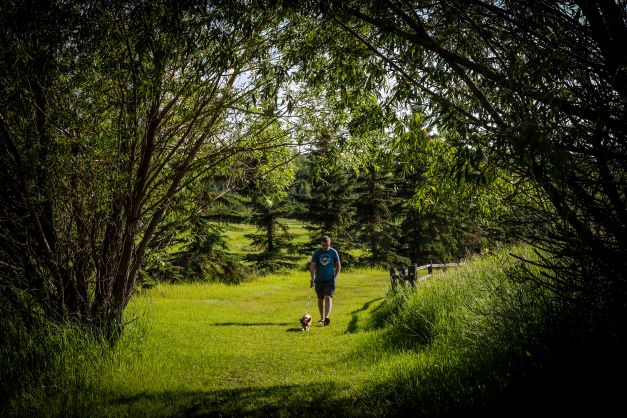
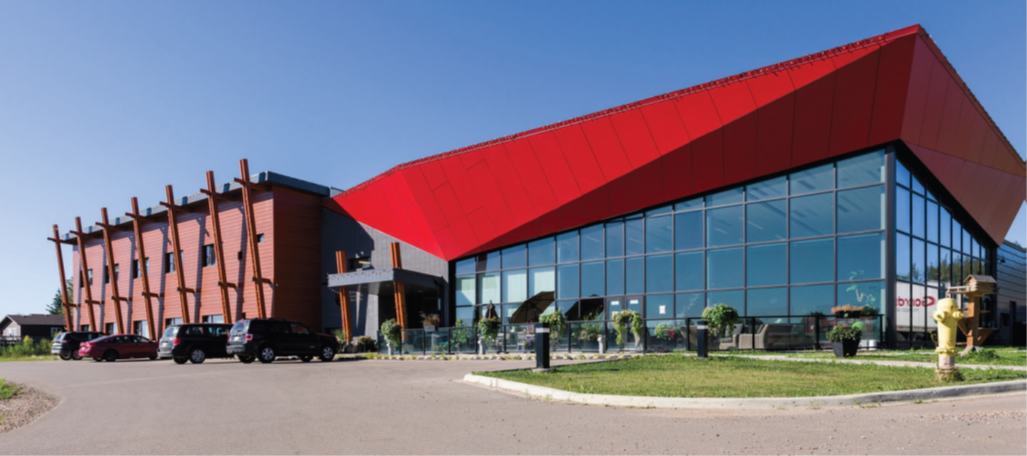
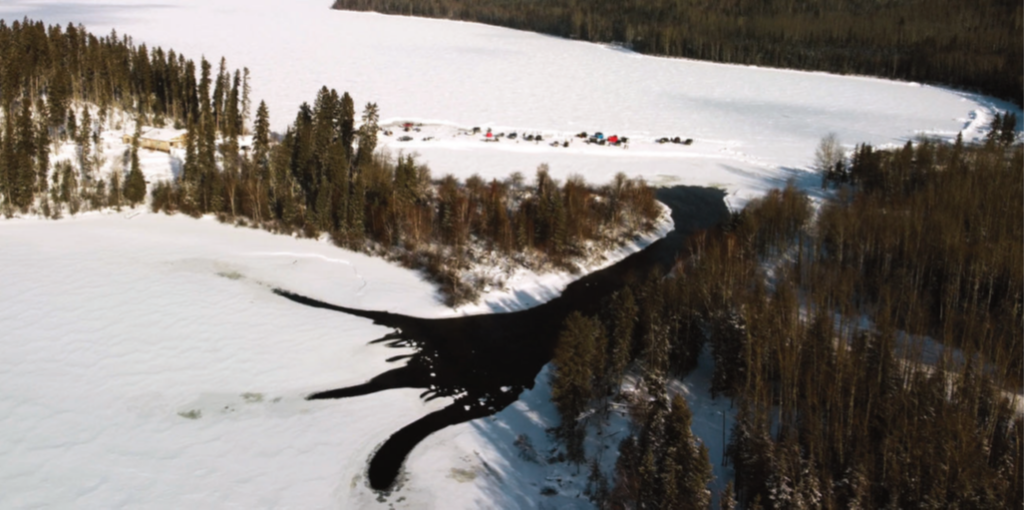
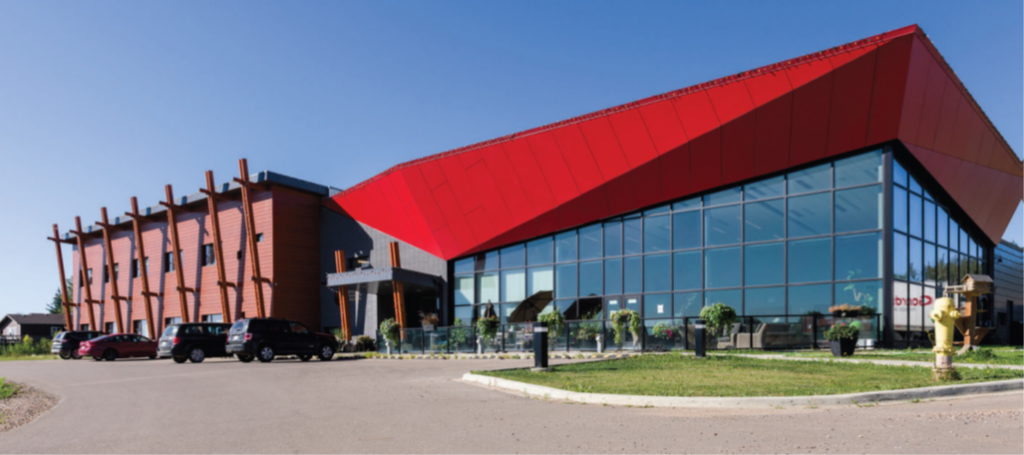
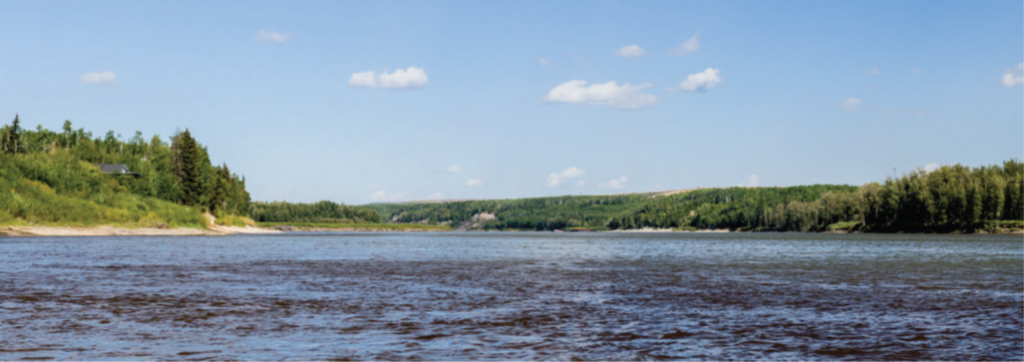

You must be logged in to post a comment.